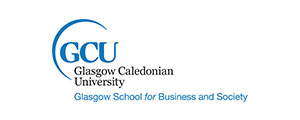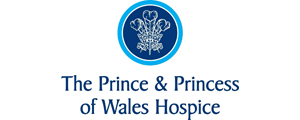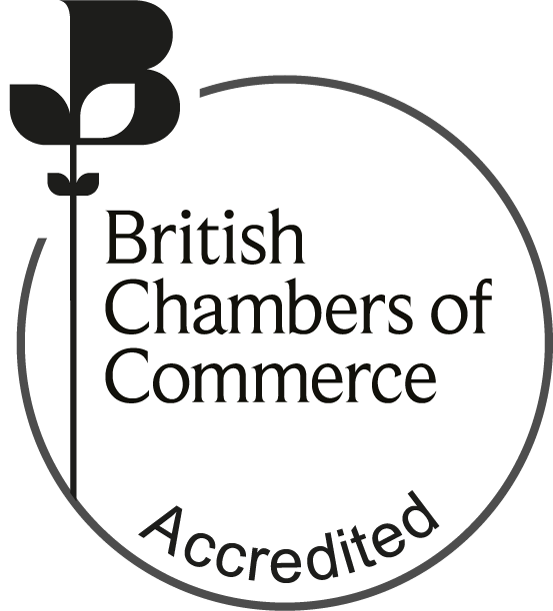By Kathleen McAdams, Albany HR.
As an independent HR consultant, I’ll explain how you should handle a suspected employee theft fairly, legally, and effectively to protect your business.
Discovering or even suspecting an employee has stolen from your business is one of the most unsettling and frustrating challenges a small business owner can face.
It’s not just about the missing cash or stock; it’s a breach of trust that can ripple through your entire team, damaging morale and your bottom line.
Beyond the immediate financial hit, mishandling such a sensitive situation can open the door to costly legal claims, like unfair dismissal, which can drain your time, money, and focus away from growing your business.
For many, managing these complex issues requires expert guidance and this is where we can help.
Gathering the facts: your first crucial step
Before you confront anyone, you need to build a clear, factual picture. This isn’t about “catching someone red-handed,” but about gathering objective evidence.
Start by looking at the data you already have:
- Stock records: Compare inventory levels against sales and purchase data to identify discrepancies
- Financial reports: Check till reports, expense claims, or bank statements for unusual cash movements
- Witness statements: Collect statements from anyone who observed specific incidents, ensuring they are dated and detailed
- Digital evidence: Save relevant emails, messages, or CCTV footage
- Incident log: Document specific dates, times, and individuals involved in any suspicious activity.
The aim here is to remove emotion and focus solely on what the evidence tells you.
Conducting a fair investigation
Once you have initial evidence, a fair and impartial investigation is critical. Remember, how you handle this process is as important as the outcome itself.
- Keep it confidential: Do not discuss allegations or confront the employee publicly
- Consider suspension: For serious allegations, you might need to suspend the employee on full pay while you investigate. This protects your business and the integrity of the investigation, not as a punishment
- Formal meeting: Invite the employee to a formal investigation meeting, clearly stating the allegations and providing them with any evidence you’ll be discussing. They do not have a statutory right to be accompanied, however ACAS suggest that this is good practice
- Follow your policy: Adhere strictly to your company’s disciplinary policy and the ACAS Code of Practice on Disciplinary and Grievance Procedures. This is your roadmap for a legally compliant process
- Document everything: Keep detailed, objective notes of all meetings and communications.
When to involve the police
Deciding whether to involve the police can be tricky. You should consider reporting it where there is:
- Clear evidence of deliberate theft
- Substantial value involved
- An ongoing risk to your business
Remember, police involvement doesn’t replace your duty to follow a fair internal HR process. It’s crucial to coordinate timing so that a criminal report doesn’t undermine your internal workplace investigation.
Common mistakes that can cost you dearly
In the stress of the moment, it’s easy to make mistakes that can prolong the issue or escalate legal risks:
- Angry confrontations: Reacting emotionally or confronting an employee in front of others can lead to claims of bullying or harassment
- Workplace gossip: Allowing rumours to spread undermines trust and can create a toxic environment
- Skipping steps: Dismissing an employee without a proper investigation or failing to follow your own disciplinary procedures is a fast track to an unfair dismissal claim
- Suspending without good reason: While suspension is a neutral act, it can be distressing for an employee and you must believe that there is a risk to the organisation or the fairness of the investigation in order for it to be considered reasonable
- Ignoring the issue: Hoping it will go away sends the wrong signal to your team and can encourage further misconduct.
Proactive steps to safeguard your business
The best defence is a good offence. Taking proactive steps can prevent future issues and give you peace of mind:
- Review and update policies: Ensure your disciplinary, conduct, and theft policies are clear, up-to-date, and legally compliant
- Train your managers: Equip your managers with the skills to conduct investigations, take accurate notes, and understand ACAS requirements
- Create a toolkit: Develop a simple investigation checklist and legally compliant letter templates
- Strengthen controls: Implement robust cash handling procedures, regular stock counts, and controlled access permissions.
We’re here to help
Dealing with suspected employee theft is complex, emotionally charged, and fraught with legal risks.
As an independent HR consultant based in Edinburgh, I can help you:
- Review your situation: Confidentially assess the evidence and map out the legally compliant next steps
- Provide compliant documentation: Supply all necessary letters, invitations, and report and outcome letter templates
- Guide your process: Support managers through investigation and disciplinary meetings, ensuring every step aligns with the ACAS Code
- Prevent future issues: Help you update policies and strengthen controls to minimise future risks.
Book a confidential call today, and let’s discuss how the right HR support can help you protect your profits, reputation, and peace of mind. And you can see how we’ve helped Clients like you in our case studies.


















































